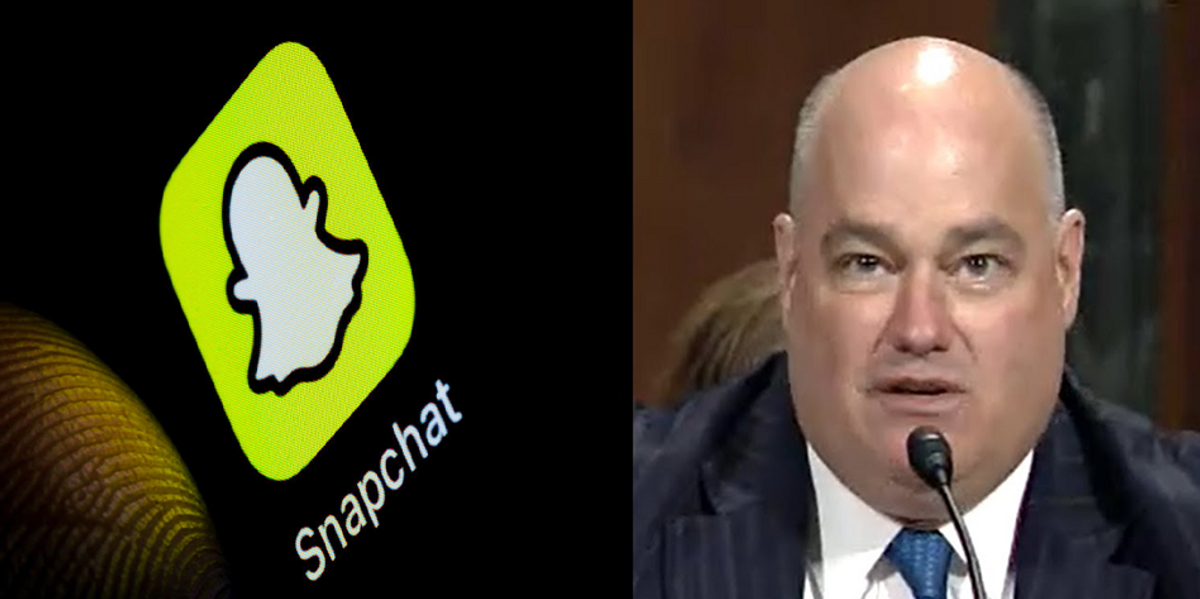A federal judge appointed by President Barack Obama blocked the enforcement of an Arkansas law that would require age verification for users on social media. The judge also said that the state failed to properly define what a social media platform was and that “content” was the state’s true concern.
U.S. District Judge Timothy L. Brooks, an Obama appointee in Fayetteville, Arkansas, said that the Social Media Safety Act (Act 689) was too vague in its definition of which entities are subject to the new law, according to Arkansas Online.
An injunction was granted the day the law was set to go into effect, despite being signed into law by Governor Sarah Huckabee Sanders (R) on April 13, 2023.
Judge Brooks issued a 50-page ruling that claimed the legislation’s definition of “social media company” lacked guidelines to determine what a platform’s primary purpose was. The judge claimed it makes companies “choose between risking unpredictable and arbitrary enforcement … and trying to implement the Act’s costly age-verification requirements.”
The district judge cited social media and messaging service Snapchat as a platform that a state’s attorney gave a contradictory definition of.
“During the evidentiary hearing the Court asked the State’s expert, [Tony Allen, CEO of Age Checked Certification Scheme of the United Kingdom], whether he believed Snapchat met Act 689’s definition of a regulated ‘social media company,'” the judge wrote.
“He responded in the affirmative, explaining that Snapchat’s ‘primary purpose’ matched Act 689’s definition of a ‘social media company’ (provided it was true that Snapchat also met the Act’s profitability requirements). When the Court asked the same question to the State’s attorney later on in the hearing, he gave a contrary answer–which illustrates the ambiguous nature of key terms in Act 689. The State’s attorney disagreed with Mr. Allen–his own witness–and said the State’s official position was that Snapchat was not subject to regulation because of its ‘primary purpose.'”
Brooks argued that many “services allow users to send direct, private messages consisting of texts, photos, or videos, but also offer other features that allow users to create content that anyone can view.” He then claimed that the act doesn’t explain how to determine what is the predominant feature for each platform.
However, the judge also claimed that age verification didn’t appear to be an effective method because, “in reality, it is the content on particular platforms that is driving the State’s true concerns.” He said the state again contradicted itself when its own expert witness said that “parental oversight is what is really needed to insulate children from potential harms that lurk on the internet.”
The injunction was led by a request from NetChoice Litigation Center, which argued the law violated the First Amendment guarantee of freedom of speech. Members of the tech industry group include Meta, Twitter, TikTok, Yahoo, and Google.
Like Blaze News? Bypass the censors, sign up for our newsletters, and get stories like this direct to your inbox. Sign up here!
